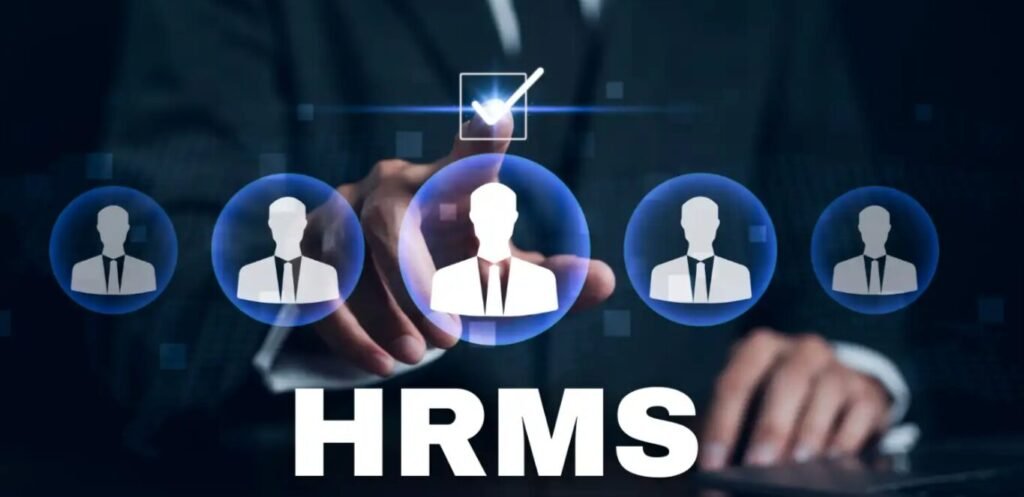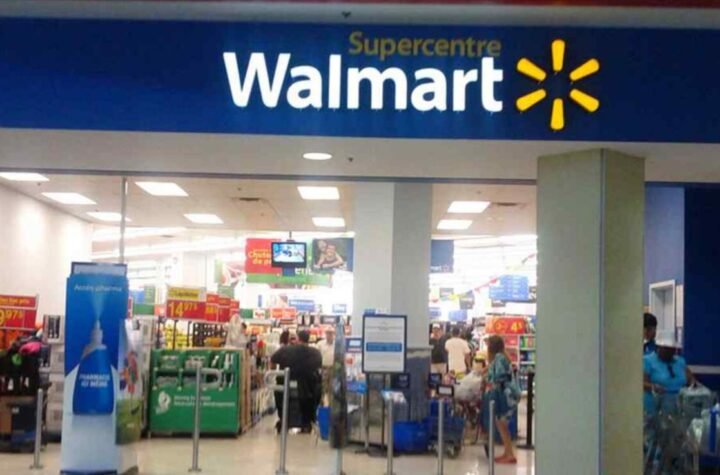
HRMS
Human Resources are the foundation of any successful organization. Manual processes and outdated software can become a bottleneck as your business grows. It may be time for your HR team to implement a Human Resource Management System if they are drowning in spreadsheets or struggling with compliance.
A HRMS integrates and automates HR core functions, such as payroll, attendance management, recruitment, performance evaluation, and compliance, into a digital platform. Not only does it save time, but it also improves the employee experience, increases accuracy and enhances decision making.
How can you tell when the time is right to invest in an HRIS? These are the signs that your business needs an HRMS.
Top 10 Sign Company Needs an HRMS
1. Your HR team is overwhelmed with manual tasks
The sign: If your HR department spends the majority of its time manually chasing paperwork or processing payrolls, managing attendance records, tracking leave using spreadsheets, etc., then that is a red-flag.
Why an HRMS helps: An HRMS automates repetitive tasks, reducing the workload and risk of error. Leave approvals, attendance tracking and payroll calculations become automated and only require minimal human interaction. Your HR team can focus on more strategic tasks like employee engagement, talent management and workforce planning.
2. Employee data is scattered across multiple systems
The sign:If you have fragmented information, it’s because employee records are scattered across different files, applications, or folders.
Why the HRMS is helpful:HRMS acts as a central employee database and gives HR and management access to accurate, up-to date information. It stores all information, including contact details, salary histories and compliance documents.
3. Payroll and compliance errors are becoming more common
The Sign Incorrect salary payments and delays in reimbursements as well as mistakes with statutory deductions like PF, ESI or TDS can not only cause employees to be upset but also lead them into legal trouble.
Why an HRMS is helpful: A good HRMS has automated features for payroll and compliance. It calculates salary, deducts tax, generates payslips and ensures accurate filings.
4. Low employee engagement and high turnover
Sign: If employees are leaving frequently or you struggle to motivate them, it could be because of poor onboarding, a lack of transparency or a lack of recognition.
Why an HRMS is Important:HRMS platform features include those that improve the employee’s experience, such as digital onboarding, self service portals, reward modules, and feedback tools. Engaged workers are more productive, and they’re more likely to stick around. This reduces recruitment and training costs.
5. You’re growing your business, but HR processes can’t keep up
The sign: As your workforce grows across departments or locations HR struggles to manage the processes consistently leading to inefficiencies.
Why an HRMS Platform Helps:HRMS platform are designed to grow with your business. The system will ensure that your workflows are consistent, approvals are automated, and there is clear visibility between departments, whether you have 50 or 5,000 employees. Cloud-based platforms support remote teams through mobile access and dashboards centralized.
6. Onboarding New Employees Takes Too Long
The sign: If onboarding new employees involves multiple emails and physical documents, as well as unclear processes and unclear procedures, this creates a bad first impression and wastes valuable time.
Why HRMS Helps: HRMS systems offer streamlined digital onboarding–automating everything from document collection and ID generation to assigning mentors and scheduling training. This allows new employees to settle in quicker and increases early engagement.
7. Your recruitment process is disorganized
The Sign If you are not tracking candidate feedback, or if your interview schedule is chaotic and resumes get lost in the email threads, then it is likely that your hiring process is inconsistent and inefficient.
Why HRMS helps: With an integrated Application Tracking System HRMS automates postings, filters applicants, coordinates interview, and tracks recruitment journey. This allows for faster, more intelligent, and better organized hiring.
8. You lack real-time insights and reports
The sign: If generating an employee attrition report or tracking absenteeism requires you to spend hours manually working, then your business is operating in the darkness.
Why Modern HRMS Platforms Help: Modern HRMS platforms provide real time analytics and reporting. Dashboards provide a visual representation of workforce metrics and help leaders make informed decisions about budgets, staffing levels, and productivity. Predictive analytics can even forecast risks, such as high turnover or skills shortages.
9. Employees are constantly asking HR for basic information
Sign: If your HR inbox has been flooded with queries about leave balances or payslips and tax declarations as well as holiday calendars it is time to implement a self-service system.
Why an HRMS is helpful: Employee Self-service Portals allow staff to access important information at any time. Employees can request leave, download pay slips, update their personal information, and track performance without having to involve HR. It improves employee empowerment and efficiency.
10. Do You Want To Build A Future-Ready Workforce
Sign: If your HR system is holding your organization back from embracing remote work, hybrid model, and digital transformation but you want to, it’s an indication that change is needed.
Why an HRMS is Important: A future-ready HRMS provides mobile access, cloud operations, remote onboarding and digital learning. It also supports robust security. It is the foundation for creating a workforce that is agile and responsive to modern business requirements.
The conclusion of the article is:
It’s time to implement an HRMS if your HR department is slowed down by inefficiencies or employee satisfaction is on the rise. Manual processes, disconnected systems, and a lack of visibility in today’s fast paced business environment are not sustainable.
An HRMS streamlines operations and transforms HR to a strategic function, which supports growth, employee engagement and long-term business success. It’s not only about the technology when you invest in the best HRMS. It is about empowering your employees, improving processes and preparing for the future.





More Stories
Is Sansui an Indian Company? True Or Not
Handles Salary Revision and Appraisal: 10 Fact
Is Walmart an Indian Company? True Or Not